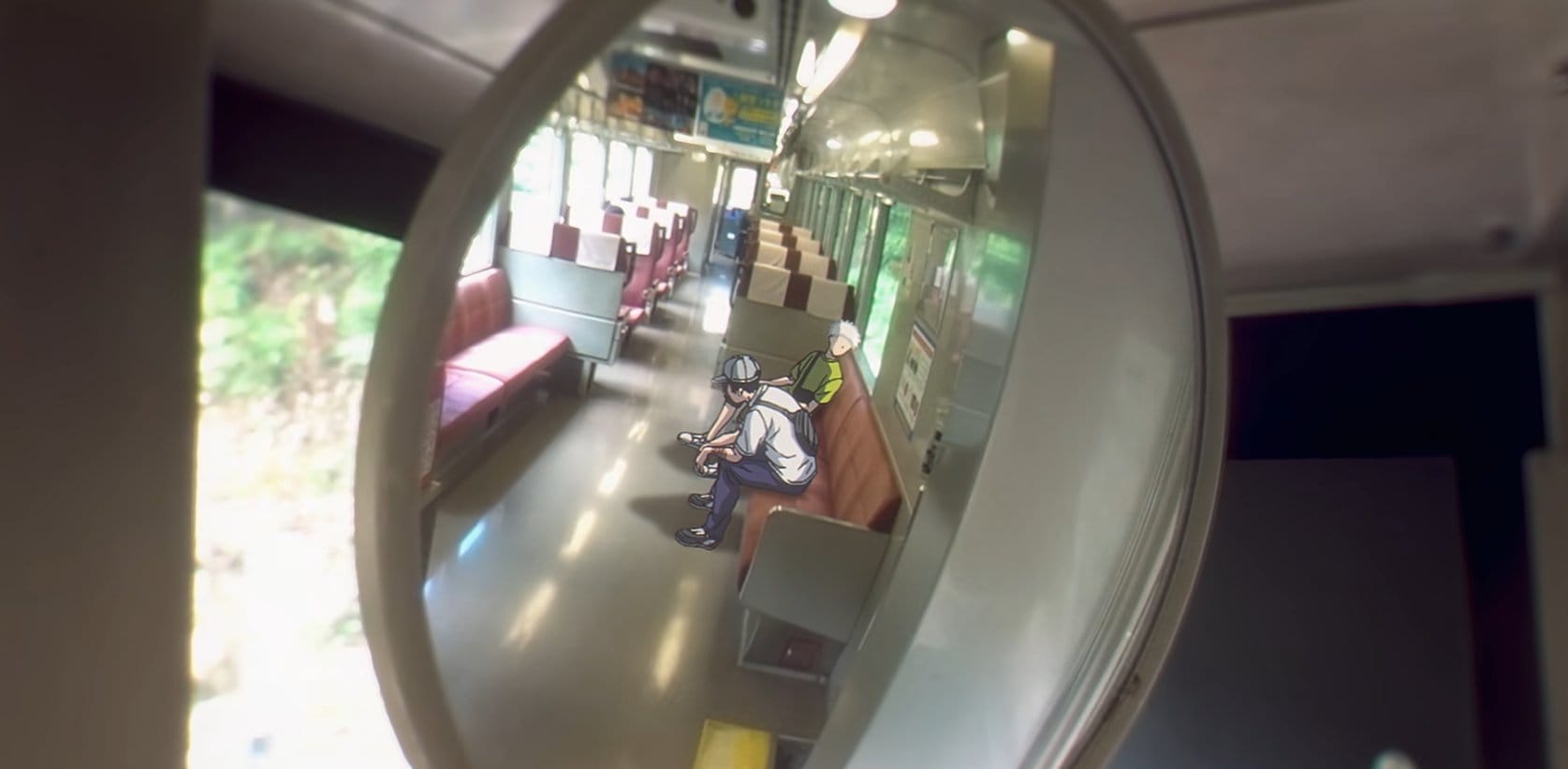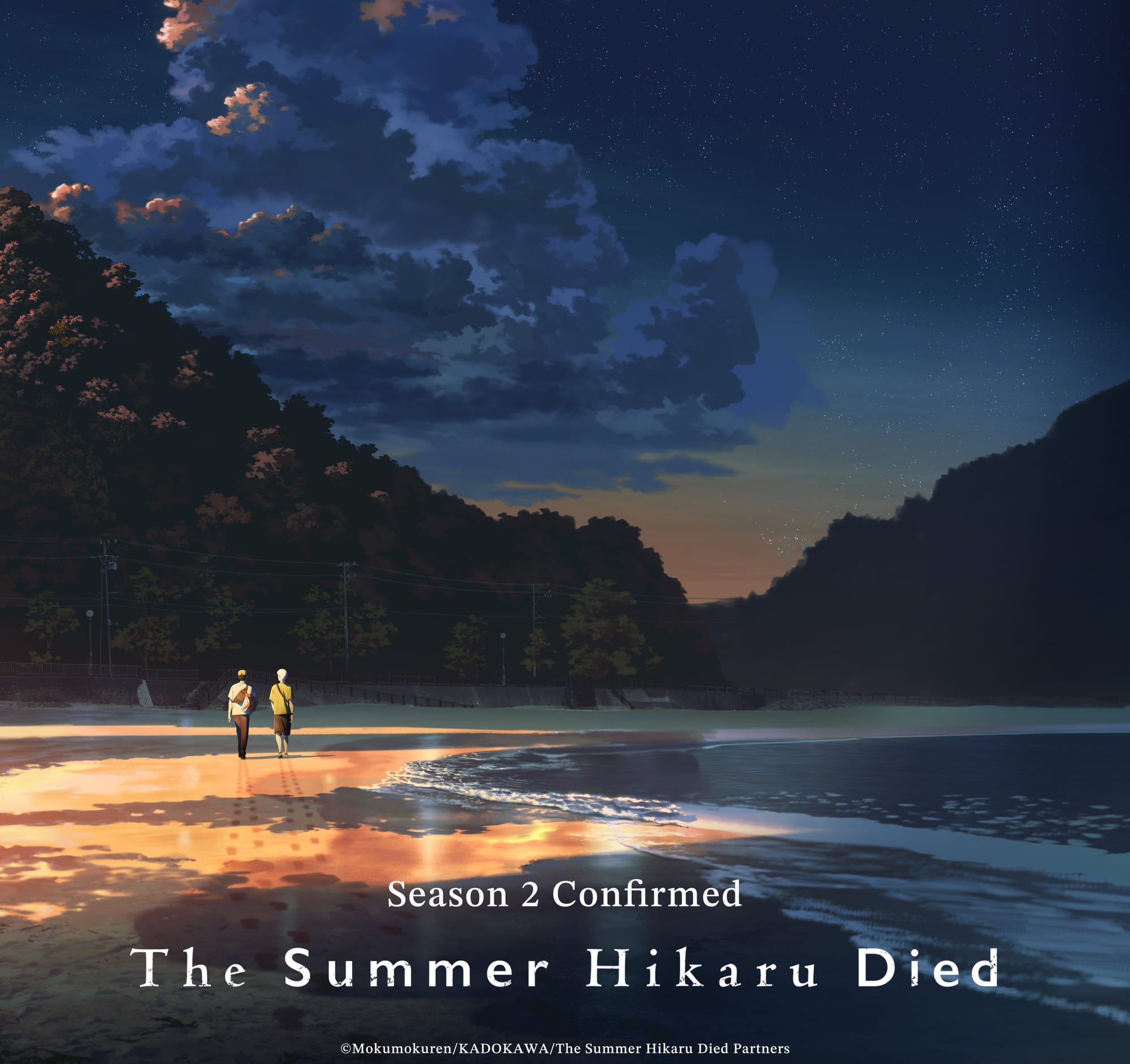The Summer Hikaru Died - Season Finale Highlight

The final episode of Netflix's adaptation of the horror manga 'The Summer Hikaru Died' has just aired this Saturday. The show has accumulated praise from fans and critics alike for its nostalgic aesthetic and realism of feeling within the cosmic supernatural elements.
But there is one particular scene which I believe epitomises the central message of un-belonging. The series follows teenager Yoshiki, whose best friend mysteriously disappears in the mountains, only to return a week later. But the boy who returns, Yoshiki realises, is not Hikaru. Over twelve episodes, Yoshiki struggles to come to terms with the death of his best friend, while the rest of the world doesn't even realise there is anyone to mourn at all. alongside this, the monster inhabiting Hikaru's body yearns for a human sense of belonging, searching for it in Yoshiki himself. The issue here is that Yoshiki lacks that very same privilege.
The anime explores small conservative rural neighbourhoods, riddled with superstitions (some justified, others not) that inform their close-mindedness. Yoshiki's sister is discouraged from attending school, while his mother's parenting is criticised as she is an outsider from the city. Yoshiki himself feels intense pressure from his family and neighbours to conform to their expectations, which only intensified the co-dependency between him and the monster Hikaru, because Yoshiki is a closeted gay man.
The final episode features the two of them escaping a family gathering to take a trip to the ocean. The train ride and scenery of the journey is comprised of real-life shots, of the interior of the train, train tracks curling through the countryside, and the sky sweeping past as the boys talk. The combination of animation and live action in these scenes interrogates the audience, the real world: 'Do you belong, too?'
I came to realise that throughout the series the show has been asking this pivotal question. If a monster and a 'normal' boy could share these feelings of displacement and come together because of them, is the 'real' world really that forgiving, or 'normal,' at all? The animated characters stand out against the live background, which is nostalgic, yet desaturated and colourless compared to the animated scenery we are used to so far, and an immediate contrast to the brightly-coloured Hikaru. Perhaps this implies that difference, un-belonging, an the breaking of conservative norms, serves to protect a community from monotony?

'The Summer Hikaru Died' has been renewed for a second season on the same day that the season finale aired. I for one am excited to see how both the show and the manga develops and incorporates more of the side characters, who are as colourful and intriguing as the leads, in the future.